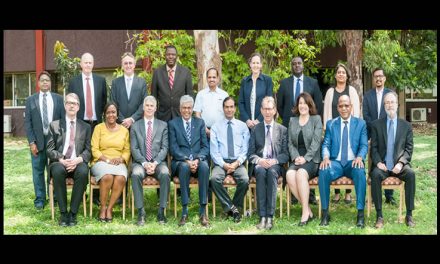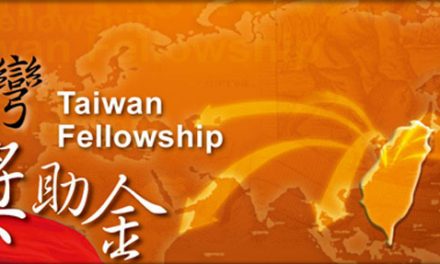The Asia-Pacific region is home of a large number of smallholder farmers. Generally, the safe use of genetically modified organisms (GMOs) is continuing to monopolize the debate on agricultural biotechnologies. However, greater attention needs to be paid to many other forms of agricultural biotechnologies, including biofertilizers, biopesticides, micropropagation, DNA-based disease diagnostics, production of vaccines, use of molecular markers in developing new varieties and breeds, and artificial insemination in livestock. They need to be adopted by smallholders farmers in the Asia-Pacific region to improve their livelihood security.
As a follow-up to the FAO International Symposium on “The Role of Agricultural Biotechnologies in Sustainable Food Systems and Nutrition”, held on 15-17 February 2016, FAO planned to organize four regional meetings on agricultural biotechnologies during 2017-18. The first one – a “Regional Meeting on Agricultural Biotechnologies in Sustainable Food Systems and Nutrition in Asia-Pacific” – was organized on 11-13 September 2017 in Kuala Lumpur, Malaysia. It was hosted and co-organized by the Government of Malaysia.
The meeting provided an open and neutral platform to exchange ideas and practices in agricultural biotechnologies to various stakeholders. About 200 delegates representing government and intergovernmental organizations, the private sector, academia and research institutions, as well as civil society, farmers and producer organizations, participated in the meeting. Wide spectrum of available and useful low- and high-tech agricultural biotechnologies applicable in areas of forestry, crops, livestock and aquaculture/fisheries were discussed.
In the beginning, four short videos with real and successful examples of biotechnologies being applied to meet the needs of smallholders in Asia-Pacific were displayed. These included: (i) artificial insemination and semen sexing in dairy cows for milk production in Nepal; (ii) DNA-based diagnostics and probiotics for disease management in shrimp populations in Thailand; (iii) DNA marker-assisted selection to develop Swarna-Sub1, a rice variety tolerant to floods in India; and (iv) tissue culture for propagating tree planting stock for agroforestry in Thailand.
Presentations were made by as many as 42 speakers on a wide range of topics related to low- and high-tech agricultural biotechnologies, particularly on investments, dissemination, adoption and use of biotechnologies, regional innovation opportunities, social and economic impacts of agricultural biotechnologies, regulation, policies and IPRs, genetic resources for food and agriculture, nutrition, climate change and South-South cooperation.
APAARI has been promoting science-based discussions and exchange of ideas and experiences on practical cases where agricultural biotechnologies need to be applied safely to benefit farmers, food producers and consumers, especially in the Asia-Pacific region through a multi-sectoral approach, covering crops, livestock, forestry and fisheries.



